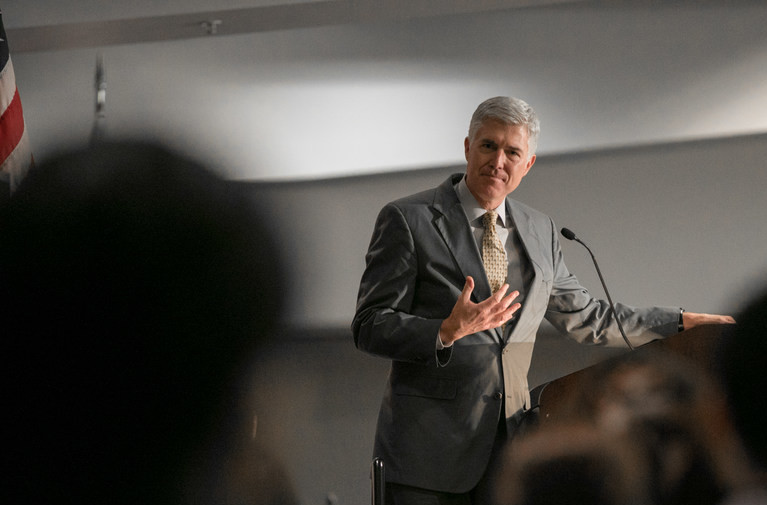Gorsuch Criticizes Lower Courts for Ignoring Supreme Court’s Emergency Docket Precedent
Background on the Dispute
On August 22, 2025, U.S. Supreme Court Justice Neil Gorsuch, joined by Justice Brett Kavanaugh, expressed frustration in a partial concurrence, stating that lower court judges are failing to adhere to the Supreme Court’s emergency docket rulings. Gorsuch emphasized, “Lower court judges may sometimes disagree with this Court’s decisions, but they are never free to defy them.” This statement came in the context of a divided Supreme Court decision allowing the National Institutes of Health to temporarily terminate nearly $783 million in grants linked to diversity, equity, and inclusion (DEI) initiatives under the Trump administration.
Emergency Docket Context
The Supreme Court’s emergency docket, often referred to as the “shadow docket,” handles urgent matters like stays, injunctions, and temporary orders, typically without full briefing or oral arguments. Gorsuch’s remarks highlight a growing tension between the Supreme Court and lower courts, which he believes are not consistently applying the Court’s emergency rulings as binding precedent. This issue arose in a case where the D.C. Circuit reversed a lower court’s decision, holding that plaintiffs lacked a cause of action to litigate impoundment issues, aligning with the Supreme Court’s guidance.
Criticism and Dissent
Justice Ketanji Brown Jackson sharply criticized the majority’s approach, accusing it of lacking “fixed rules” and appearing to favor the Trump administration’s interests. Her dissent underscores ongoing debates about the consistency and transparency of the Supreme Court’s emergency docket decisions. Gorsuch’s position reflects a broader concern that lower courts’ selective application of these rulings undermines judicial hierarchy and the authority of the Supreme Court.
Implications for Judicial Precedent
Gorsuch’s comments signal a push for stricter adherence to Supreme Court guidance, particularly in high-stakes emergency cases. The controversy highlights the challenges of enforcing precedent in rapidly evolving legal disputes, especially when lower courts interpret emergency orders as less binding due to their expedited nature. Legal analysts suggest this could prompt further clarification from the Supreme Court on the weight of its emergency docket rulings.
